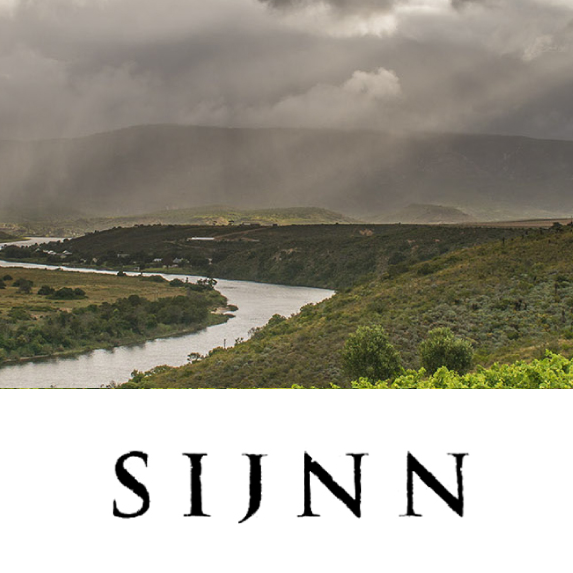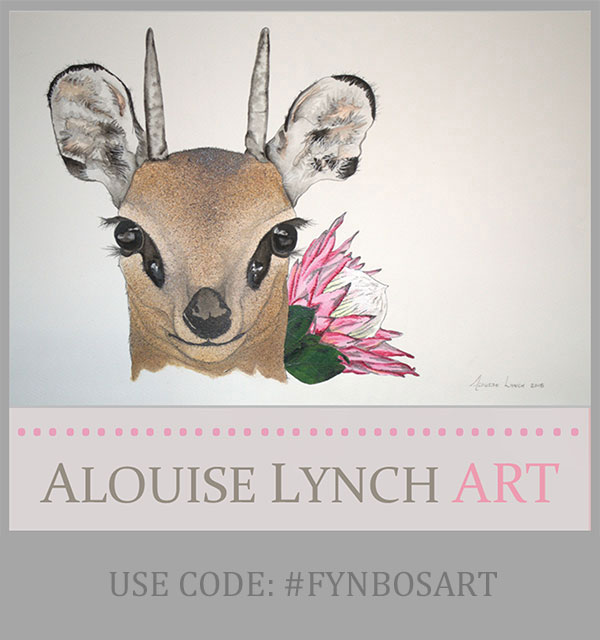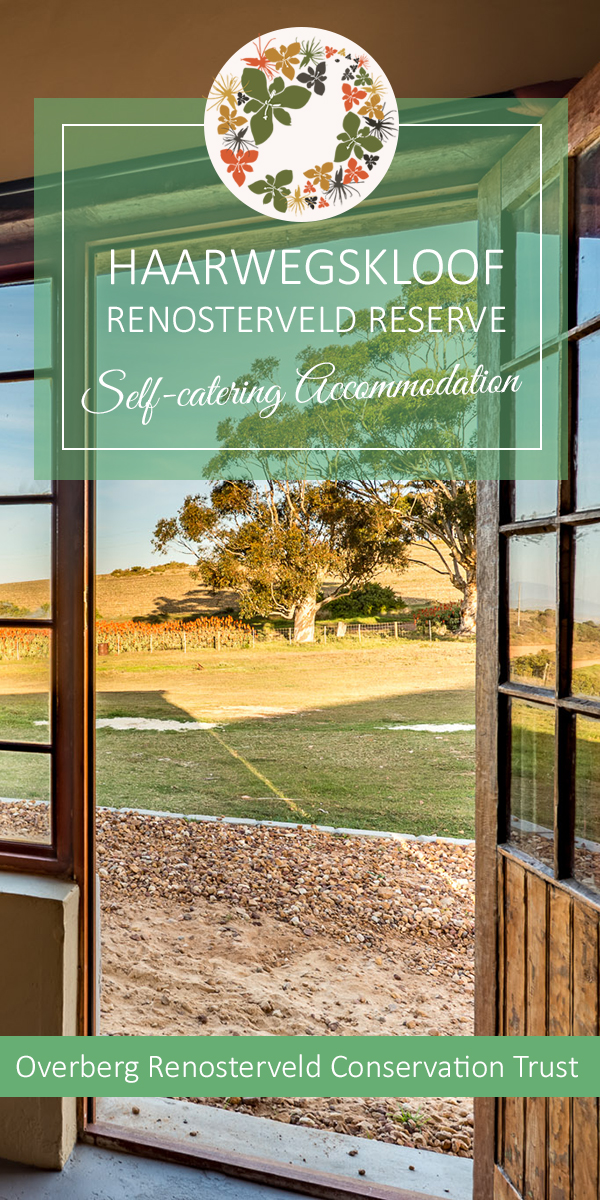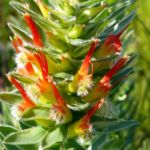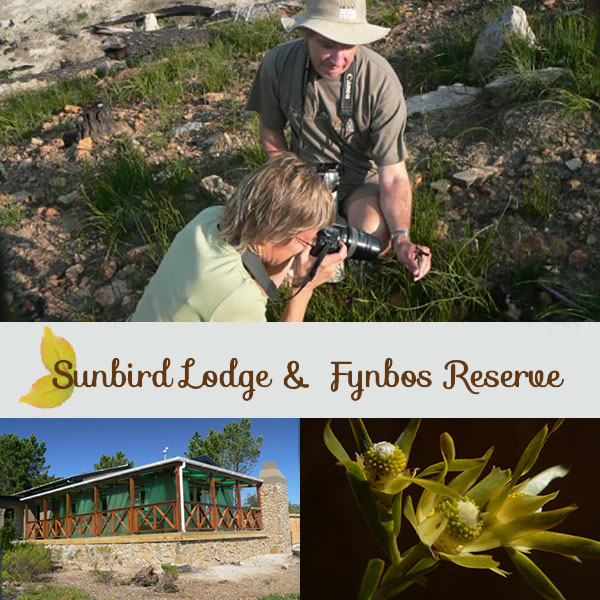
A mushrooming we will go…..
Last weekend I went foraging in the forest for my dinner. Inspired by my adventure, this week we will be taking a leap from the Plant Kingdom to the far lesser-known but equally fascinating world of fungi.
I was lucky enough to be one of the first participants in a new mushroom foraging course run by the Cape of Good Hope Nurseries. In the capable hands of Ismail Smith, local artist and mushroom hunter extraordinaire, we spent a wonderful and highly informative Sunday morning exploring among the pine trees of Tokai Plantation in Cape Town in search of edible mushrooms to fill our baskets and cooking pots.
Contrary to popular belief, mushrooms are not plants. They were placed in a separate kingdom from plants in 1969 in recognition of their evolutionary differences. In fact, with regard to their biology fungi actually have more in common with animals than they do with plants, despite their superficial similarities.
It is thought that there are between 700,000 and five million species of fungi on earth but to date only around 100,000 have been described by scientists. It is likely that the Fungi Kingdom has more than six times more species diversity than that of plants.
What is visible above the surface of the ground is but the tip of the iceberg in the secret life of fungi. The mushrooms themselves are actually just the ‘fruiting’ body of the organism. Below the ground surface, this is connected to a mycelium with a maze of tiny filaments known as hyphae. These hyphae are usually found within the organic matter on which many fungi feed and can spread more than 1 km per day under optimum conditions.
Fungi fulfil a plethora of useful purposes to people as well as the ecosystems in which they reside. Yeast which is used in brewing beer and bread-making is a type of fungus. As a food source, edible mushrooms are rich in protein.
Several widely used pharmaceutical drugs including statins and penicillin are based upon natural chemicals produced by fungi. In their natural environment fungi play a critical role in facilitating decomposition processes as well as forming a mutualistic association with plant roots to aid the uptake of water and nutrients.
There are several different edible varieties of mushroom that grow on the Cape Peninsula, with numerous different fungi species being found in the arboretum and surrounding plantations at Tokai forest. Many different fungi were introduced as spores along with various alien tree species that dominate the area.
However, mushroom collecting needs to be approached with great care. It is critical not to mistakenly collect and eat any species you cannot positively identify as a case of fungi consumption after mistaken identity can result in anything from hallucinations to liver failure.
In consequence, under Ismail’s watchful eye we focused our collecting efforts on the collection of Pine Rings (Lacterius deliciosus). This species is fairly easy to identify with knowledge and experience and after a morning of hunting, we left with baskets groaning under the weight of mushrooms.
Wild mushrooms have a distinct favour and a variety of different culinary uses, from delicious pasta sauces to an accompaniment to venison in a decadent stew. As part of the foraging course, we were provided with plenty of recipe ideas to take home and try.
I made an enormous pot of warming mushroom soup from my pine ring haul that went down with great joy and happiness on a chilly June winter afternoon. I’d like to thank Ismail Smith and the Cape of Good Hope Nurseries for organising such a pleasant and interesting morning. No doubt now equipped with the skill to identify pine rings with confidence I will be back for more for my cooking pot this season.
Find me on Instagram
Plant Information
Connect on Social
Connect on Facebook, Twitter and Instagram
Taking Action
There are many environmental organisations based in Cape Town and beyond that require the services of volunteers to undertake their work. So if you have a little time to spare please get involved.

